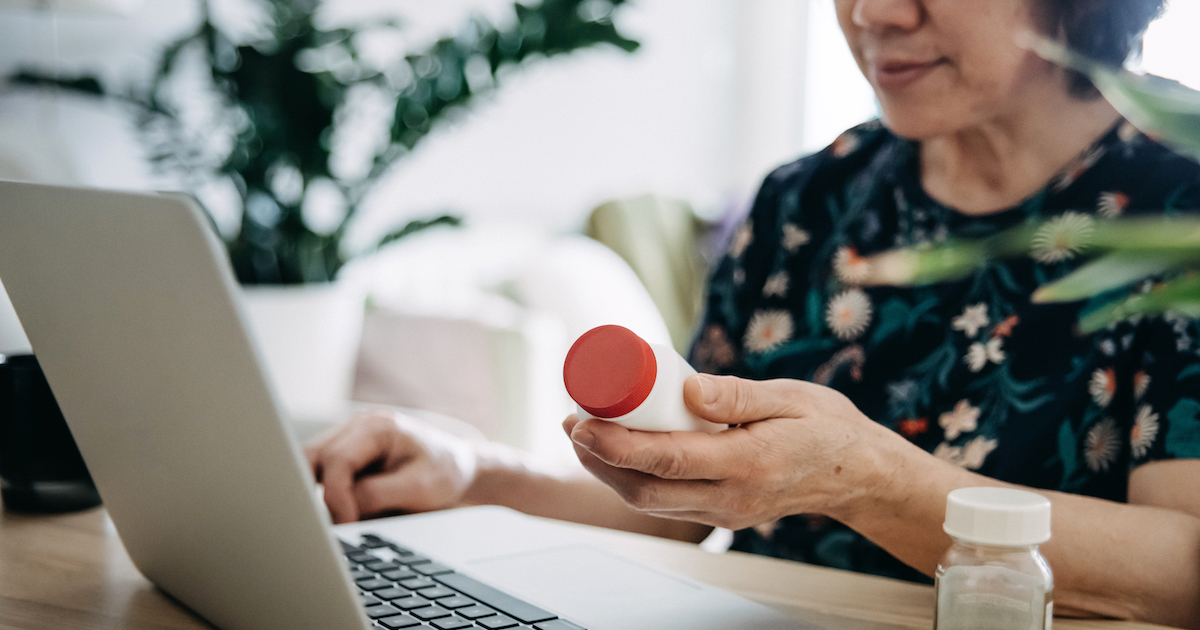Since MobiHealthNews' most recent roundup in June, at least eight more digital health and fitness crowdfunding campaigns have launched on Kickstarter. This time, many of the devices and apps focused on specializing in a specific fitness category. One campaign offered a platform specifically for triathletes to train for events, while another created a tool that is designed to track the movements that tennis players make on the court.
Although Kickstarter recently altered its requirements to further explain, among other things, which health-related campaigns were not allowed on the site, the ones that have launched since have shown which could make it past the new filters. They include a smartphone breathalyzer, headphones that measure heart rate and blood oxygen saturation, and an app that aims to support family caregivers.
Below are eight crowdfunding campaigns that have recently launched on Kickstarter.

According to the Kickstarter page, this Facebook app aims to help family caregivers receive the support they need to avoid stress and fatigue, which might lead to hospitalization. The description explains that the first circle of care includes the primary care physician, specialist, paid caregiver, and family caregiver. The second circle includes the family caregiver's spouse, siblings, and close friends.
Facebook is where people go when they want to be distracted, according to 2nd Circle, so it decided to use the platform to reach the family caregiver and allow them to communicate with a close circle of friends when they are feeling isolated. The app also allows caregivers to add times for doctor's appointments with contact information so that family caregivers' friends and families can help them with their daily tasks.
The app has currently raised $885 of its $30,000 goal.

Vitero has developed a training program specifically for triathletes. The app looks at the athlete's combination of goals, fitness level, benchmark results, and personal schedule to create a personalized training program. Vitero wants to use the funds to help them launch their beta sometime this summer. The triathalon training experts that provide content for the app include Marc Evans, a sports medicine physician and Chris Lieto, a professional triathlete.

MobaLogix's MobaBlow markets itself as the world's most accurate Bluetooth-enabled breathalyzer. It adds that the breathalyzer is "police grade accurate" and it connects to Android and iOS devices. From the companion app, a user will be able to check their BAC, call a cab, call a friend, help friends locate the user, see a history of BAC levels, and connect with others who have the app. The app will also adjust the BAC limit depending on what country and state the user is in and because, according to MobaLogix, the temperature of the user's surroundings affects BAC results, MobaBlow calculates the temperature and then adjusts the BAC readings, "from a tropical resort to an ice hotel". So far MobaBlow has $2,320 of its $359,000 goal.

UK-based TableAir wants to help users more easily shift between sitting and standing while working. Users pair their desk, called TableAir, with their smartphone, and then choose sitting and standing time intervals suitable just their work. From there, the desk moves up and down as scheduled subtly nudging users to stand up or sit down to work. Users can check their progress on the desk's display or on the iOS app. The app is currently available only on iOS devices but they're planning to introduce Android version soon after TableAir launches.
So far, TableAir is just a concept, with one prototype, but the Kickstarter campaign notes that the company can 3D print the parts from London and Lithuania. So far TableAir only has two backers and has raised $34.25 (20 British pounds) of its $34,249 (20,000 British pounds) goal.
In June, Fitbit integrated some of its devices with a smart desk that is already on the market, called the Stir Kinetic Desk. Stir retails for $3,890.

FreeWavz are Bluetooth-enabled headphones that monitor fitness. These headphones measure steps, heart rate, oxygen saturation, calories burned, distance traveled, and average speed. The companion app can also send audio alerts based on how a user's fitness metrics have changed.
The company plans to complete the app by September of this year. So far, the Kickstarter has raised about $56,000 of its $300,000 goal.
Another brand of fitness sensing headphones on the market is Valencell's PerformTek. Last month, the company raised $7 million in VC funding to scale and market its headphones.

Smash Wearables has developed a wristband that tracks the user’s tennis technique. The device sends data to a companion app that tells users about their stroke consistency for each game. Smash tracks the user’s forehand, backhand, volley, first serve, and second serve.
The company plans to begin production of the device in December of this year. So far, the campaign has raised $85,151 of its $200,000 goal.

Arcus is a ring that tracks fitness movements and recognizes gestures. The ring can help users measure sport-related metrics, for example stroke count in swimming or swing statistics in sports like tennis, golf, and hockey. With rings on both hands, the device can track activities including kayaking or aerobics. All of this information will be sent to a companion app via Bluetooth. Unlike wristworn wearables, the Kickstarter page explains, a ring can measure metrics of both the fingers as well as the hands.
While there is a prototype for the device, the campaign page says the device won't begin shipping to customers until February 2015. Arcus has so far raised $25,030 of its $320,000 goal.

Although this wasn't developed exclusively for health and wellness, the Interactive Music Battle system offers some fitness perks. The device is a motion sensor that connects to a companion app, but it requires a WiFi connection. When the sensor moves, the app translates that movement into music based on the user's speed, frequency, and type of movement. The Kickstarter page even explains that, although the motion sensor is embedded in a small ball, it can be taken out so that users can put it in their socks, their pockets, or on their bikes.
So far, the Kickstarter has raised close to $15,000 of its $70,000 goal.


